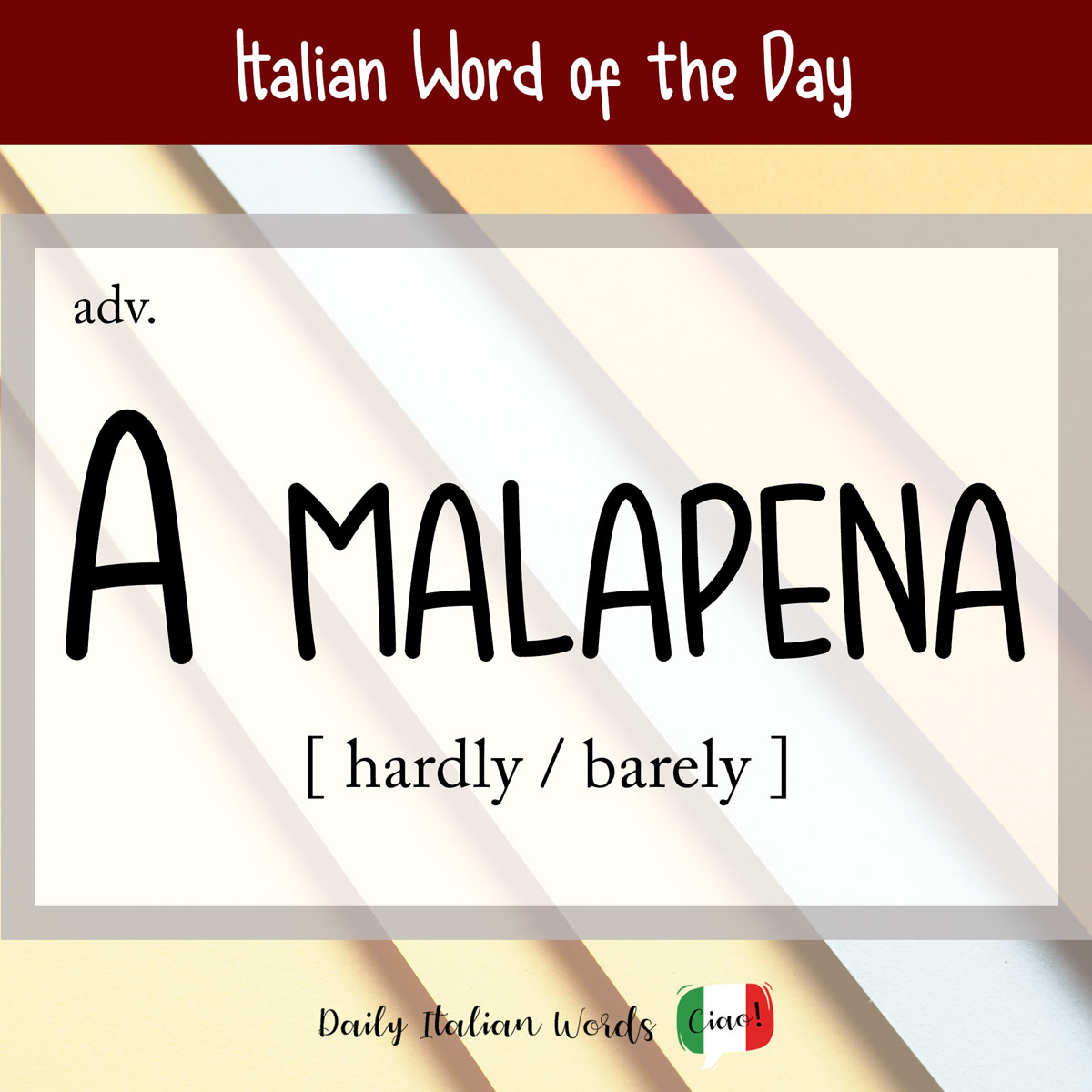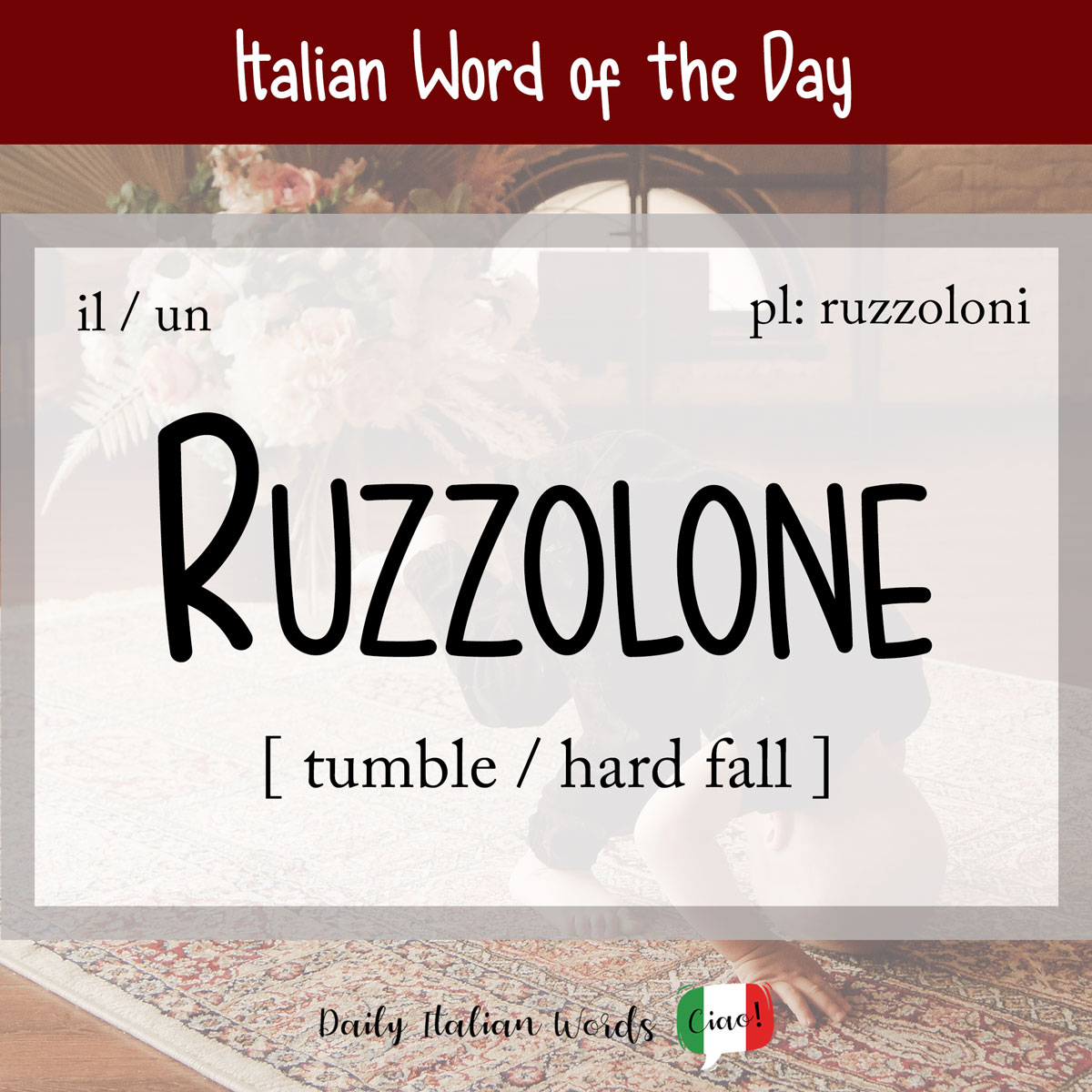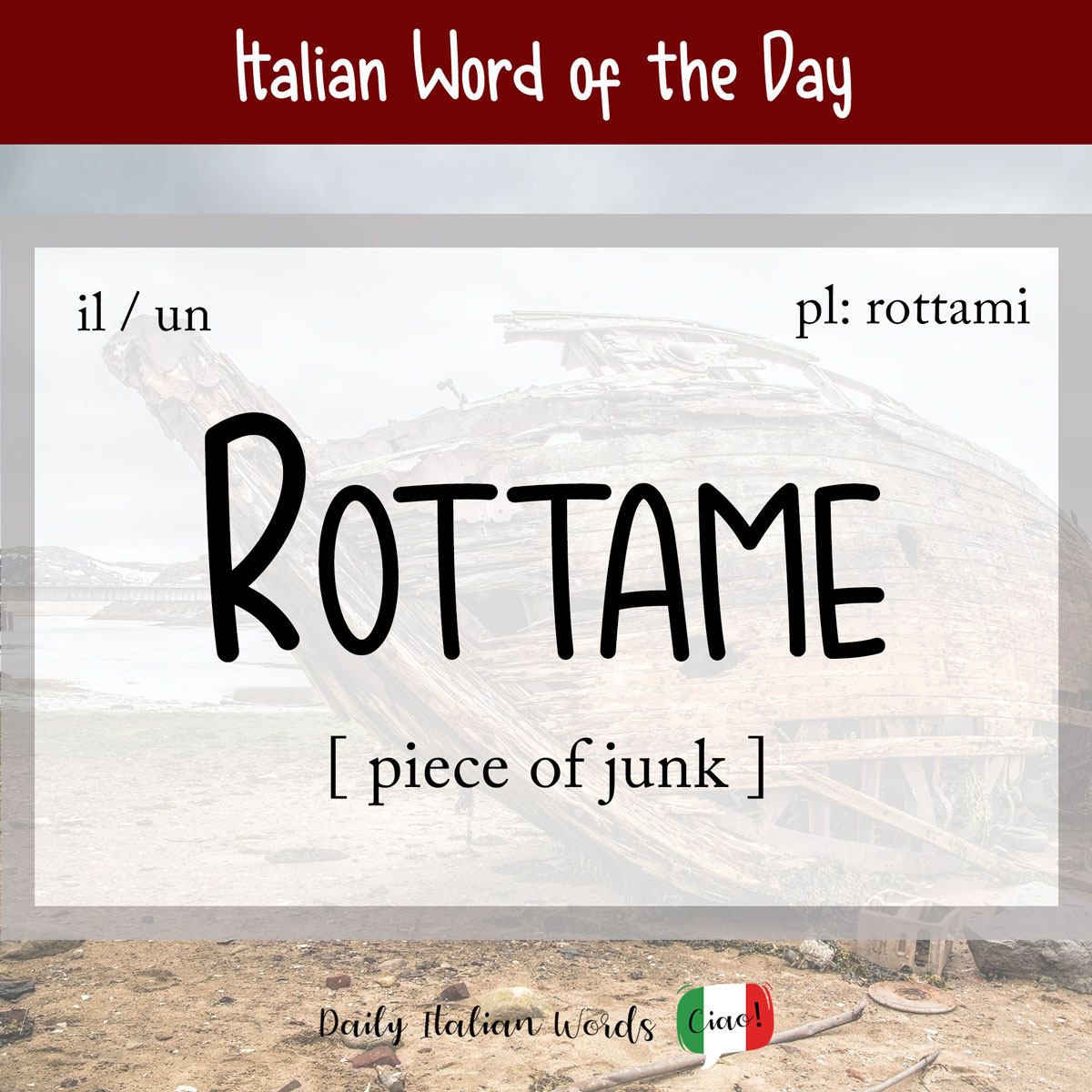Italian Word of the Day: Viavai (comings and goings)
Viavai (masculine, plural: viavai) is the word Italians use to talk about the busy movement of many people or things, especially in and out of a place. In English, possible translations include coming(s) and going(s), bustle and to and fro. Learn with our video and podcast The video is also available on our YouTube channel. …






